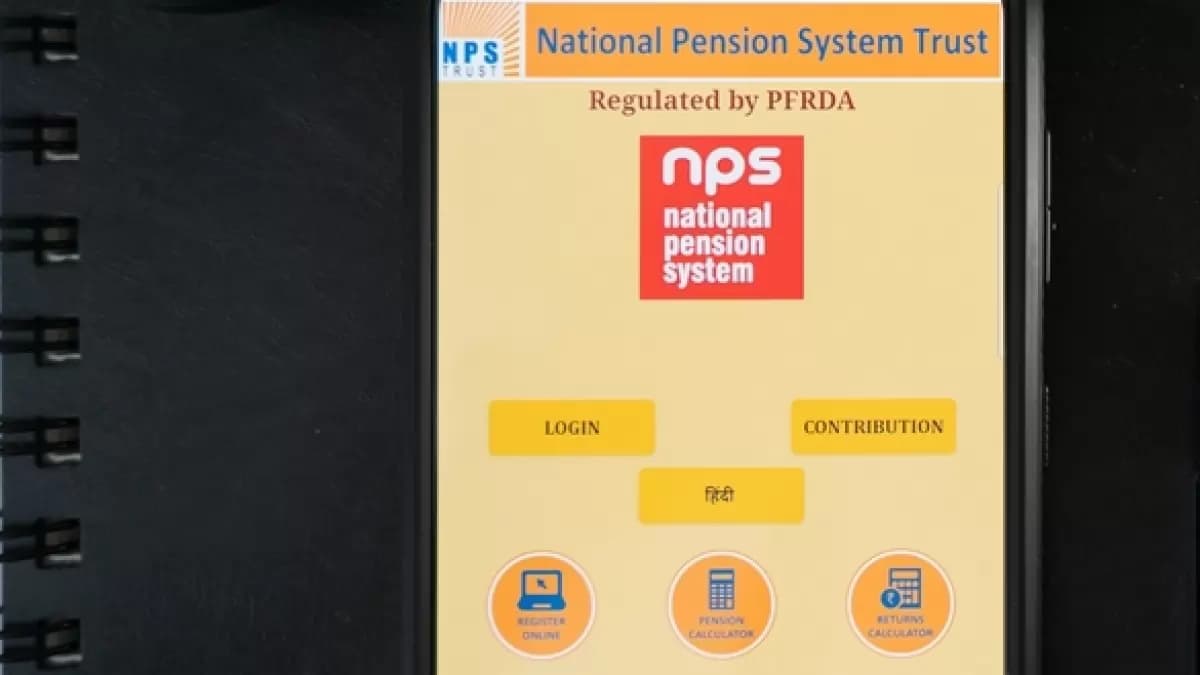Losing a partner suddenly is an emotional experience. Amid the grief, it is essential to address the financial aspects to ensure stability and continuity. This is a difficult time, but it is important to be on top of financial matters.
Initial Steps
Here are the first steps you need to take to secure your finances:
The initial step involves gathering and organizing necessary documents. Obtain multiple copies of the death certificate, as it is a crucial document for all financial processes.
Make sure spellings or initials are correct on the death certificate & other identity documents. Start with notifying the deceased's bank and other financial institutions about the death.
Bank Accounts And Lockers
If you are a joint account holder, you can continue to operate the account. For individual accounts, approach the bank with the death certificate, identification proof, and account details to initiate the transfer of funds.
Sort Out Investments
Note that the nominee is just a custodian or a trustee in investments (except life insurance policy). The claim lies with the legal heir or the final beneficiary mentioned in the Will. In case the Will is not there, a succession certificate will be required.
“Contact the respective institutions holding the deceased's investments (mutual funds, stocks, fixed deposits) with the death certificate and nomination details to transfer the investments,” says Madhupam Krishna, Securities and Exchange Board of India (Sebi) registered investment advisor (RIA) and chief planner, WealthWisher Financial Planner and Advisors.
Property Matters
Access property documents and ensure they are in your possession. Notify the local land registry office about the death.
“If your partner had a will, probate it through the local court to enforce the terms. In the absence of a Will, apply for a succession certificate from the local court to establish your rights over the deceased's assets. If the property is jointly owned, notify the sub-registrar's office to update the records to reflect the change in ownership,” says Krishna.
Vehicle Ownership
Approach the local Regional Transport Office (RTO) where the vehicle is registered. Fill in documents to transfer ownership to the nominee or legal heir. Claim insurance, investments, and benefits.
Also Read: Saif Ali Khan May Lose Rs 15,000 Crore Worth Of ‘Enemy Property’: What Is Enemy Property, And How Is It Settled?
The Importance Of Documents
Having the right documents in place is vital for claiming benefits. Ensure you have - a death certificate, identification proof (Aadhaar card, PAN card) of the claimant & and that of the deceased, and Original policy documents for life insurance, health insurance, and any other relevant policies.
If the claim is with the employer, meet the senior officer of the deceased or human resource (HR). Know about the group insurance policies & how to claim benefits under them.
If the claim is with the pension office, Central Government Health Scheme (CGHS), or any other office, you need to visit them and fill in documents to make the claim.
If the deceased is involved in joint business, seek out help from surviving partners about his share and how to claim it. If you are aware of any private lending made by the deceased, approach and call for payment. You may sometimes need the help of an arbitrator or a lawyer for these issues.
Loans And Liabilities
Claims can be both ways. Understanding and prioritizing the liabilities left behind by your partner is crucial. Begin by listing all known liabilities, including home loans, car loans, credit card debts, and personal loans.
Review the loan agreements to understand the terms and conditions in the event of the borrower's death. If the debt is in joint name with you, you are liable to pay it.
“Usually in home loans, the co-owner is co-borrower in the property. But being a co-borrower may not make you a co-owner. A co-borrower is liable to pay the loan if the first borrower is not paying or cannot pay,” says Krishna.
Check if there are any insurance policies covering these liabilities. Claim the insurance benefits to clear the debts. If insurance does not cover certain liabilities, reach out to creditors to negotiate repayment terms or request an extension.
Handling unsecured debt like personal loans or credit cards is also important. The responsibility of paying lies with legal heirs (to the extent of assets they are inheriting). So it is better to take charge and pay them the dues on time.
Taxation And Legal
The legal heir of the deceased also has a responsibility to fill ITR & pay taxes if due (of the FY in which the death has happened). If the deceased had an auditor/CA, better to contact him and ask for details. There can be refunds also that are due to the deceased. So CA/auditor will advise on which account the refund would come from.
A deceased person may have sued someone or been a party in some legal case. “You must check with the lawyer. Most cases end with death as the claimant or beneficiary has expired. The lawyer needs to inform the legal parties & court about the death and dismissal of further legal bindings,” says Krishna.
Also, follow Outlook Money's Budget 2025 expectations stories here.





